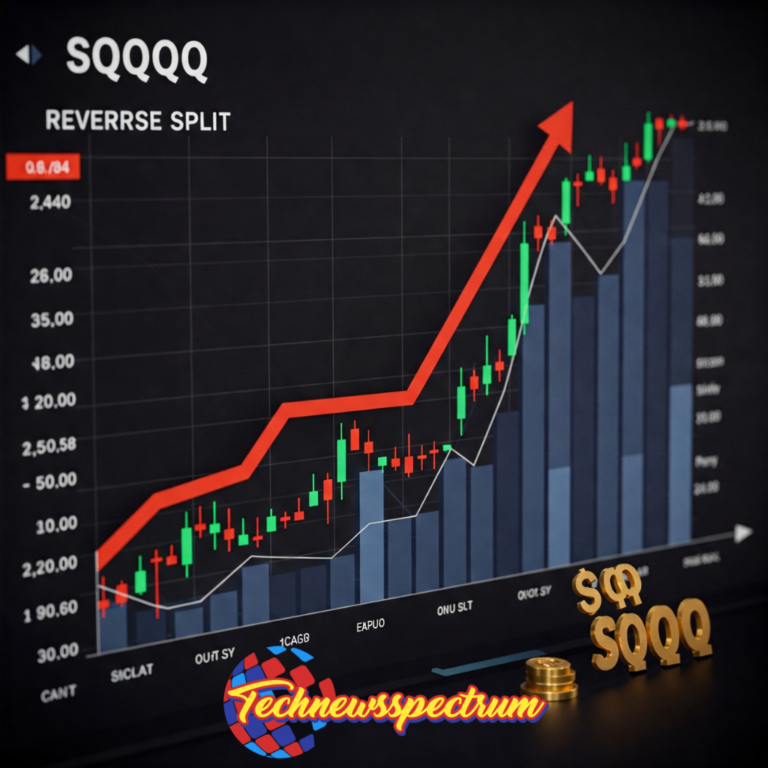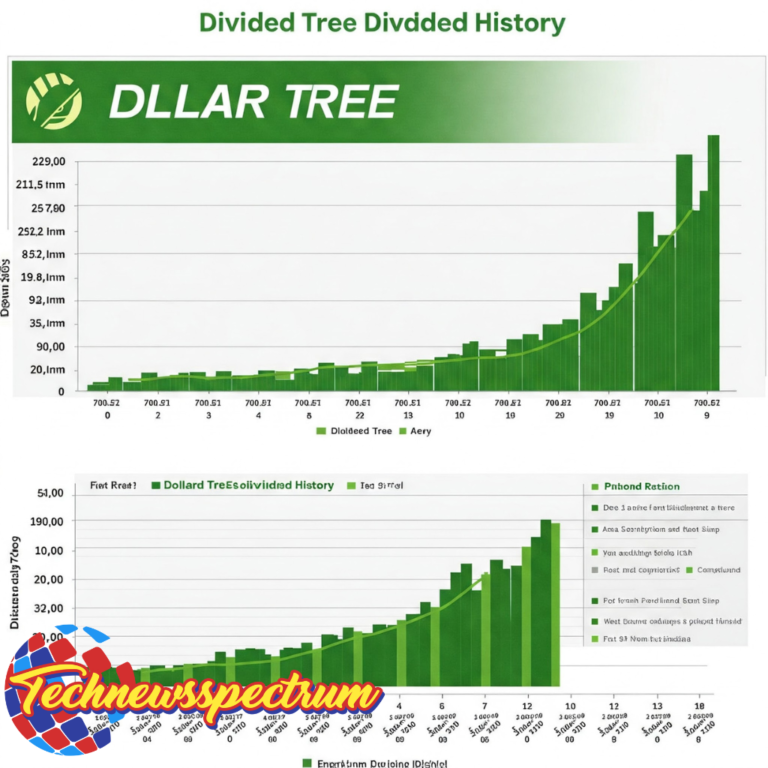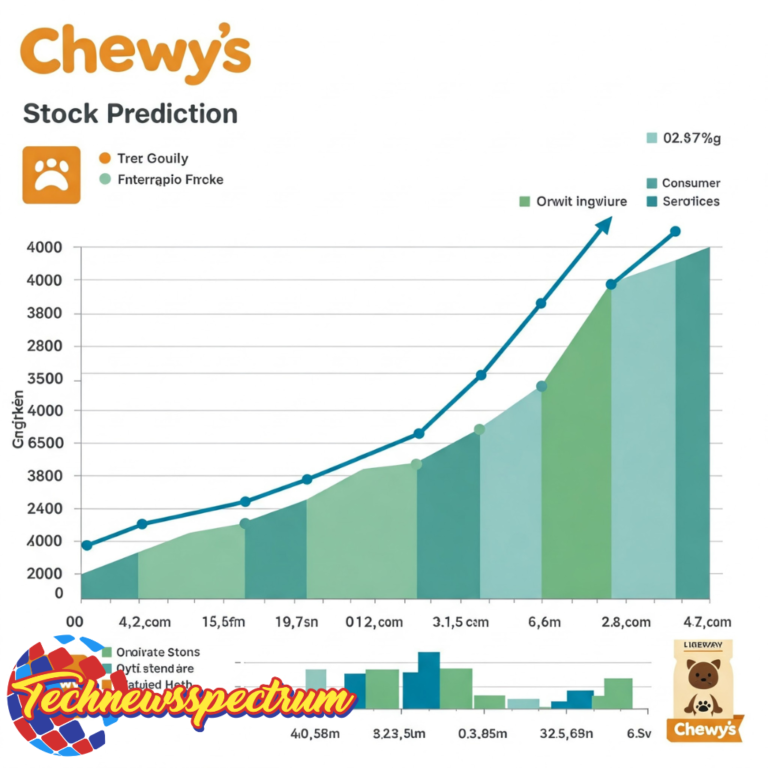Bill Ackman Books: Unlock the Mind of a Billionaire Investor
Table of Contents
| Heading Number | Section Title |
| H2 | Introduction to Bill Ackman |
| H2 | Why You Should Read About Bill Ackman |
| H2 | Top Books About Bill Ackman |
| H3 | 1. Confidence Game by Christine Richard |
| H3 | 2. The Big Short by Michael Lewis (Ackman Mentioned) |
| H3 | 3. Bill Ackman: The Making of a Billionaire Investor |
| H3 | 4. Harvard Case Studies Featuring Ackman |
| H3 | 5. Investment Letters & Shareholder Documents |
| H2 | Unveiling Ackman’s Investment Philosophy |
| H2 | Benefits of Reading Bill Ackman Books |
| H2 | Disadvantages to Consider |
| H2 | Noteworthy Lessons from Ackman’s Portfolio |
| H2 | Impact on Modern Investing Trends |
| H2 | Features to Look For in Books on Ackman |
| H2 | Frequently Asked Questions |
| H2 | Conclusion |
Introduction to Bill Ackman
Bill Ackman, the charismatic founder and CEO of Pershing Square Capital Management, is one of Wall Street’s most recognizable names. Known for his bold bets and sharp critiques, Ackman built his empire through a blend of aggressive activism and strategic long-term thinking. His investing journey isn’t just about numbers—it’s a story of resilience, calculated risks and lessons that aspiring investors can learn from.

Why You Should Read About Bill Ackman
It’s worth mentioning that reading about influential investors helps build foundational knowledge. In the realm of finance, Ackman’s decisions have influenced entire markets. Whether you’re a beginner or an experienced trader, delving into books and resources centered on his methods can provide unique perspectives. Understanding his failures—like the infamous Valeant fiasco—and victories—like his early short of Herbalife—gives readers a full picture of high-stakes finance.
Top Books About Bill Ackman
Let’s explore the best literature that dives into Bill Ackman’s career, strategies and public profile. While not all these works are penned by him, they capture essential parts of his investment journey.
1. Confidence Game by Christine Richard
This gripping narrative takes you through Ackman’s campaign against MBIA (Municipal Bond Insurance Association). Written like a financial thriller, Christine Richard unveils how Ackman dug into financial statements and found cracks in what was thought to be an invincible firm.
Why it matters:
- Offers a close-up of investigative investing.
- Showcases Ackman’s resilience in the face of widespread criticism.
- Reveals the tension between Wall Street and whistleblowers.
2. The Big Short by Michael Lewis (Ackman Mentioned)
Though Ackman isn’t the main subject, he appears in this iconic book. His early warnings about the financial collapse were seen as contrarian at the time but proved prophetic.
What to note:
- Contextualizes Ackman’s early insights.
- Paints the broader economic environment he operated in.
- Connects Ackman with other legendary investors like Michael Burry.
3. Bill Ackman: The Making of a Billionaire Investor
This biography-style book offers insights into Ackman’s upbringing, education at Harvard and path to founding Pershing Square.
Key takeaways:
- Traces Ackman’s roots and personal motivations.
- Breaks down signature investments (Target, Chipotle, etc.).
- Explores his mindset and personal life influences.
4. Harvard Case Studies Featuring Ackman
Ackman’s strategies have been featured in various Harvard Business School case studies. These materials, while academic, are invaluable in understanding his structured and research-based approach.
Best for:
- Business students
- Aspiring fund managers
- Analysts looking to improve decision-making models
5. Investment Letters & Shareholder Documents
Ackman’s public investor letters and Pershing Square shareholder reports read like mini-books. They offer firsthand insights into his thoughts, strategies and views on economic conditions.
Why read them:
- Raw and unfiltered thinking
- Educational tone
- Case studies in real time
Unveiling Ackman’s Investment Philosophy
Ackman blends value investing with activism. Unlike passive investors, he pushes companies to make strategic changes—often publicly. His philosophy revolves around the belief that long-term value can be unlocked by identifying mismanagement and encouraging better governance.
Some principles Ackman follows:
- Invest in simple, predictable businesses.
- Avoid commodity and highly cyclical industries.
- Focus on capital allocation and management quality.
These guiding principles help in assessing the merit of his decisions. It should be noted that while his methods may seem aggressive, they are rooted in extensive due diligence.
Benefits of Reading Bill Ackman Books
Reading about Ackman can:
- Expand your financial vocabulary
- Enhance your critical thinking in stock selection
- Improve risk assessment
- Offer a blueprint for activist investing
- Introduce real-world application of financial models
Moreover, it’s a breath of fresh air for anyone tired of generic finance advice. His career is a testament to going against the grain and backing up your convictions with data.
Disadvantages to Consider
Despite the valuable insights, there are a few considerations when exploring books about Ackman:
- Complex financial terms may challenge beginners
- Not all of Ackman’s strategies are replicable for retail investors
- Overemphasis on activism may distract from fundamentals
- Potential bias in some books (especially unauthorized biographies)
It’s crucial to note that while Ackman’s tactics are intriguing, they don’t replace personal financial planning or tailored investment strategies.
Noteworthy Lessons from Ackman’s Portfolio
Ackman’s journey offers many teachable moments. Let’s take a look:
| Investment | Lesson Learned |
| Herbalife Short | Know when to cut losses, even if you’re right |
| MBIA | Deep research can uncover hidden risks |
| Target | Activism takes time to yield returns |
| Valeant | Overconfidence and poor management oversight can backfire |
| Restaurant Brands | Patience and solid fundamentals pay off |
Each case highlights different facets of investing—from due diligence to corporate governance.
Impact on Modern Investing Trends
Ackman’s success and failures have reshaped how hedge funds operate. His public presentations, letters and media appearances added transparency to a typically secretive industry. This raises the question: Has Ackman made investing more democratic?
Answer: In a way, yes. He’s brought complex ideas to the mainstream and inspired a new wave of activist investors.
Features to Look For in Books on Ackman
When choosing books about Ackman or his investing style, consider:
- Author credentials – Prefer investigative journalists or financial experts
- Depth of content – Go beyond surface-level narratives
- Real case studies – Books that analyze actual investments are more valuable
- Financial analysis – Look for breakdowns of numbers and strategy
Books that tick these boxes are more likely to provide both inspiration and education.
FAQs
Q1. Are there any books written by Bill Ackman himself?
No full books authored by him but his investment letters are incredibly detailed and educational.
Q2. What is the best book to understand his MBIA short?
Confidence Game by Christine Richard is a must-read.
Q3. Can beginners benefit from reading about Ackman?
Yes but it’s important to supplement with basic finance books to understand the context.
Q4. Where can I read Ackman’s investment letters?
They’re available on the official Pershing Square website.
Q5. Is Bill Ackman a value investor or activist investor?
He’s both. He seeks undervalued opportunities and advocates for change.
Q6. How accurate are biographies written about Ackman?
Many are unauthorized, so cross-reference with verified interviews and letters.
Conclusion
To sum up, Bill Ackman books offer an eye-opening journey through the mind of a billionaire investor who doesn’t shy away from controversy. Whether you’re eager to dive into finance or looking to fine-tune your portfolio strategies, reading about Ackman is an enriching and practical experience. His story is a testament to research, persistence and the courage to stand alone when needed.







